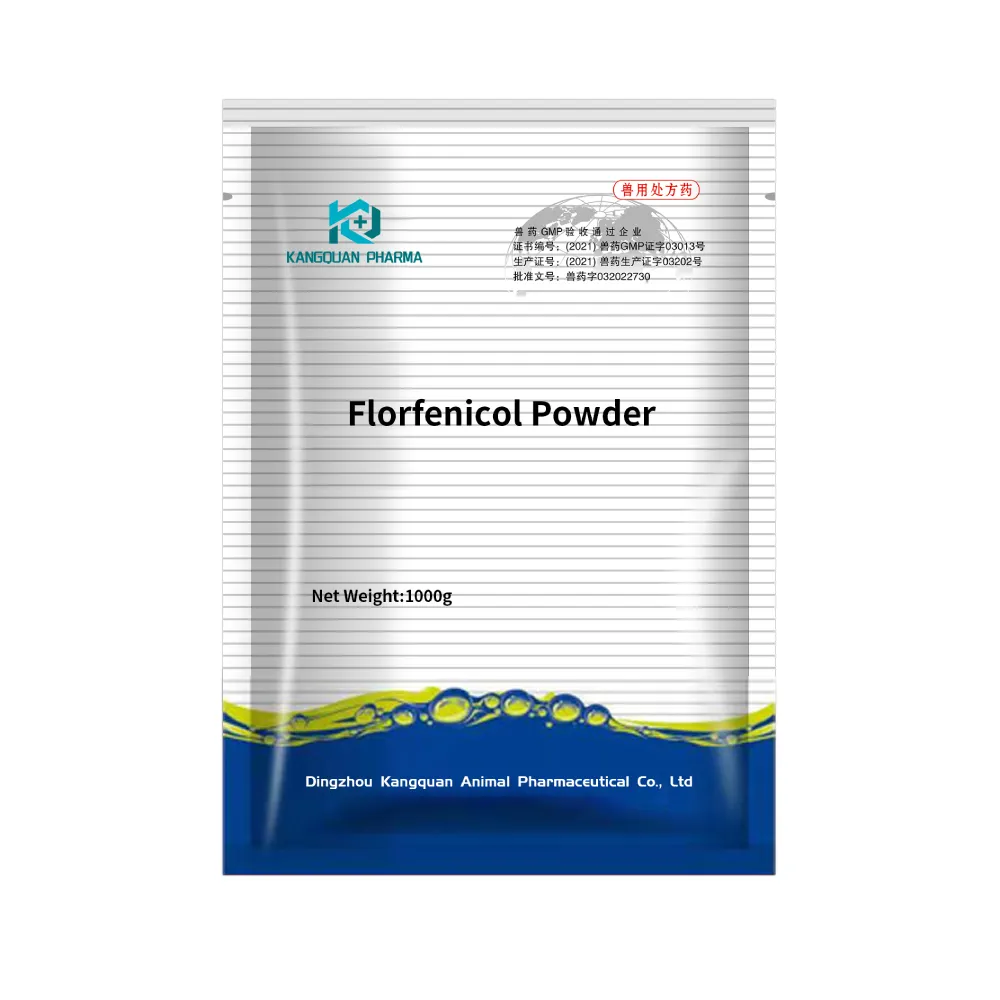- Afrikaans
- Albanian
- Amharic
- Arabic
- Armenian
- Azerbaijani
- Basque
- Belarusian
- Bengali
- Bosnian
- Bulgarian
- Catalan
- Cebuano
- Corsican
- Croatian
- Czech
- Danish
- Dutch
- English
- Esperanto
- Estonian
- Finnish
- French
- Frisian
- Galician
- Georgian
- German
- Greek
- Gujarati
- Haitian Creole
- hausa
- hawaiian
- Hebrew
- Hindi
- Miao
- Hungarian
- Icelandic
- igbo
- Indonesian
- irish
- Italian
- Japanese
- Javanese
- Kannada
- kazakh
- Khmer
- Rwandese
- Korean
- Kurdish
- Kyrgyz
- Lao
- Latin
- Latvian
- Lithuanian
- Luxembourgish
- Macedonian
- Malgashi
- Malay
- Malayalam
- Maltese
- Maori
- Marathi
- Mongolian
- Myanmar
- Nepali
- Norwegian
- Norwegian
- Occitan
- Pashto
- Persian
- Polish
- Portuguese
- Punjabi
- Romanian
- Russian
- Samoan
- Scottish Gaelic
- Serbian
- Sesotho
- Shona
- Sindhi
- Sinhala
- Slovak
- Slovenian
- Somali
- Spanish
- Sundanese
- Swahili
- Swedish
- Tagalog
- Tajik
- Tamil
- Tatar
- Telugu
- Thai
- Turkish
- Turkmen
- Ukrainian
- Urdu
- Uighur
- Uzbek
- Vietnamese
- Welsh
- Bantu
- Yiddish
- Yoruba
- Zulu
8 月 . 06, 2024 14:36 Back to list
Determining Appropriate Ivomec Dosage Guidelines for Effective Sheep Treatment and Management
Understanding Ivermectin Dosage for Sheep
Ivermectin is an important antiparasitic medication that is widely used in sheep farming. It belongs to the macrocyclic lactone group of drugs and is effective against a range of internal and external parasites, including gastrointestinal worms, lungworms, and ectoparasites like mites and lice. Correct dosage is crucial to ensure efficacy while avoiding potential toxicity, so understanding the appropriate dosage for sheep is vital for farmers and veterinarians alike.
Dosage Guidelines
The typical dosage of ivermectin for sheep ranges from 0.2 to 0.4 mg/kg of body weight, administered as a single dose. This can be delivered via injection or orally, depending on the formulation used. Injectable forms of ivermectin are particularly popular due to their ease of administration and rapid absorption. Producers should refer to the specific product label for exact dosing instructions, as different formulations may require different methods of administration.
Factors Influencing Dosage
Several factors can influence the effective dosage of ivermectin in sheep
1. Body Weight Accurate measurement of the sheep's weight is crucial for determining the correct dose. Overdosing can lead to toxicity, while underdosing may result in ineffective treatment and resistance development in parasites.
2. Health Status The overall health of the sheep can also affect how the drug is metabolized. Animals that are stressed, malnourished, or suffering from another illness may require different dosages.
3. Age and Breed Younger animals or breeds with specific sensitivities may respond differently to ivermectin, necessitating adjustments in dosing.
4. Parasite Resistance Over time, some parasites can develop resistance to ivermectin, which makes proper dosage and rotation with other antiparasitic drugs important in management plans.
Methods of Administration
ivomec dosage for sheep

Ivermectin can be administered using various methods, including
- Injectable This is the most common method due to its rapid absorption and effect. Injection sites should be varied to avoid tissue irritation.
- Oral Drench This method ensures the animal consumes the full dose, which can be beneficial for sheep that are reluctant to consume medicated feed.
- Pour-On For external parasites, a pour-on formulation can be applied directly to the skin, providing an alternative to injections for ectoparasite treatment.
Safety Precautions
While ivermectin is generally safe when used at the recommended doses, there are important safety precautions to consider
- Withdrawal Period It is important to observe the withdrawal period before slaughtering treated sheep for meat or before using their milk, as residues can remain in their systems.
- Environmental Concerns Ivermectin can have adverse effects on non-target organisms, including beneficial insects in the pasture. Farmers should follow guidelines to minimize environmental impact.
- Consult a Veterinarian Before administering ivermectin or any medication, it is always best to consult a veterinarian. They can provide tailored advice based on the specific needs of the flock and the prevailing parasitic threats.
Conclusion
Ivermectin is a powerful tool in veterinary medicine for the management of parasites in sheep. Understanding proper dosage, route of administration, and considerations for safety and resistance management is essential for effective use. By adhering to proper protocols and seeking professional advice, sheep producers can ensure the health of their flock while minimizing potential risks associated with parasite treatment. This ultimately leads to better productivity and sustainability in sheep farming.
-
The Power of Radix Isatidis Extract for Your Health and Wellness
NewsOct.29,2024
-
Neomycin Sulfate Soluble Powder: A Versatile Solution for Pet Health
NewsOct.29,2024
-
Lincomycin Hydrochloride Soluble Powder – The Essential Solution
NewsOct.29,2024
-
Garamycin Gentamicin Sulfate for Effective Infection Control
NewsOct.29,2024
-
Doxycycline Hyclate Soluble Powder: Your Antibiotic Needs
NewsOct.29,2024
-
Tilmicosin Premix: The Ultimate Solution for Poultry Health
NewsOct.29,2024













